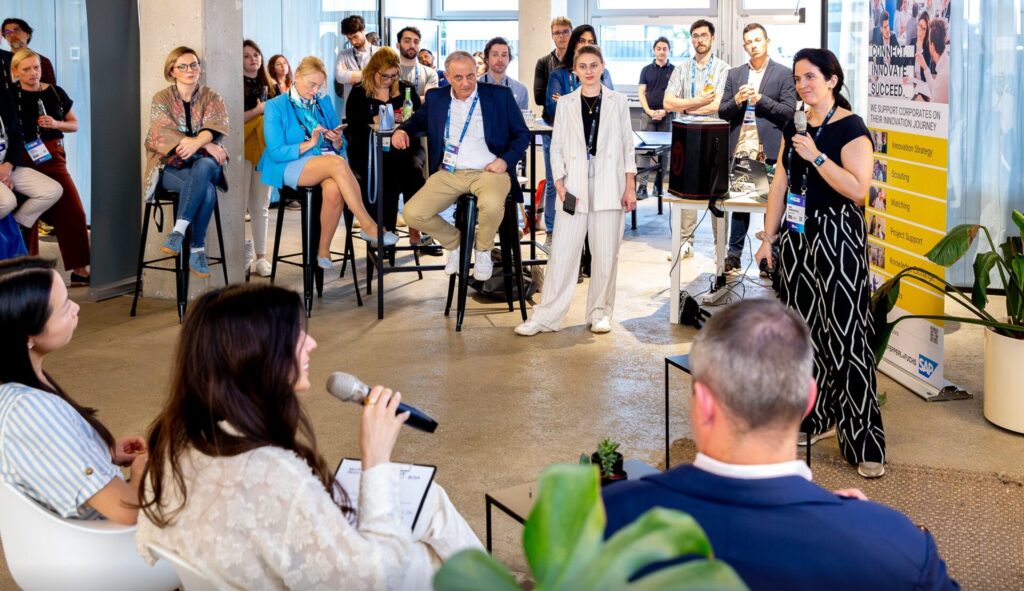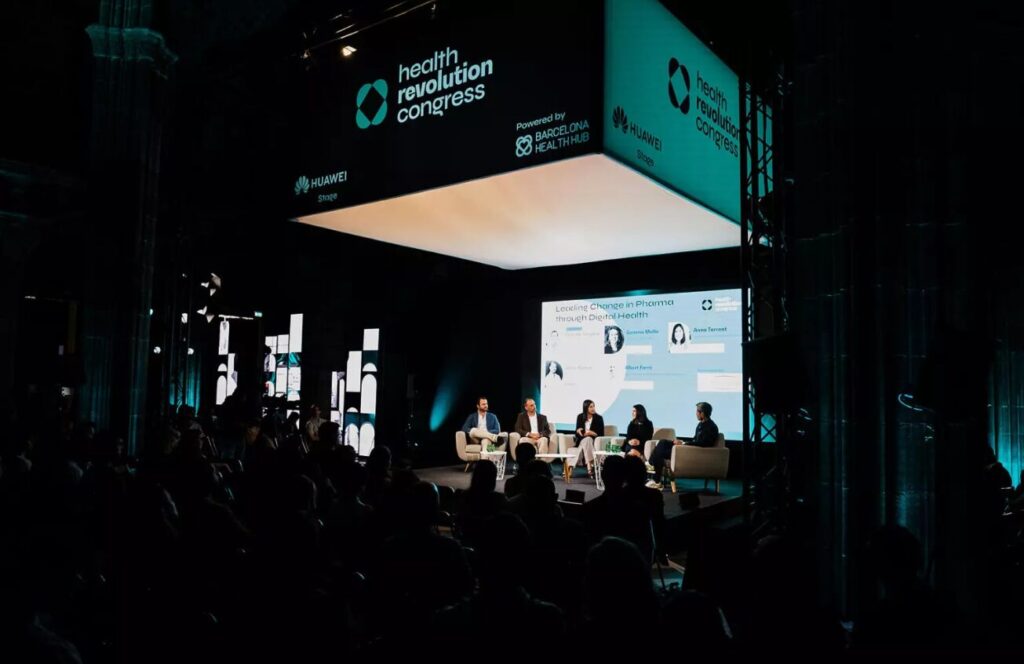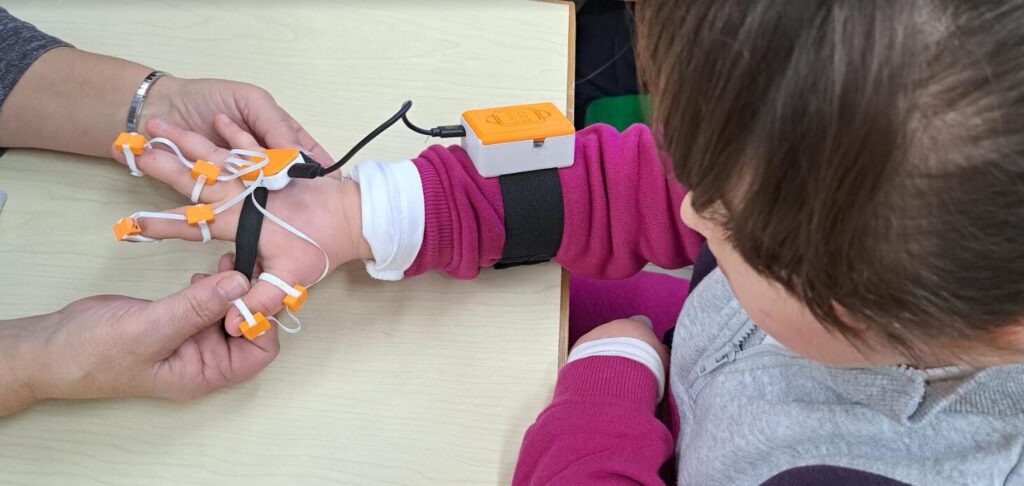
Michael Joe Cini
23rd August 2021
Are we heading for a future where healthcare has less of a personal touch?
We tend to think that the future is something far away. However, sometimes it creeps up on you and scenarios that you would have thought not to be possible, or the norm, suddenly become so
Words by Dr. Ryan Grech and Dr. Dylan Attard, Clinical & Health Tech Advisors for MedTech World and two of the co-founders of Digital Health Malta.
For better or for worse, digital tends to accelerate this and perhaps one of the things that we don’t think about often is meeting your doctor in person. As time goes by, and the future becomes the present, we think that this might become less possible, maybe even a luxury. Why are we saying so?
There are three things that we feel are feeding this trend:
- COVID has shown us that teleconsulting can be a more efficient way of doing healthcare. Whilst it is not the answer for everything, it can certainly be the answer for a set number of consultations, especially those that would not require a physical examination.
- Digital solutions powered by AI can replace some very simple matters that you would otherwise go to a doctor to check out. For example, advising on how to take care of yourself in the event of having a stomach bug.
- A healthcare shortage, made worse by a lot of doctors deciding to quit after the COVID pandemic. This is truly alarming especially when you see it on a global scale. A recent WHO report predicts that there will be a 4.1 million-large shortfall of healthcare workers in 2030 (0.6 million physicians, 2.3 million nurses and 1.3 million other health care professionals). And whilst people leaving healthcare being partly to blame, the global population is increasing and ageing. This is further compounded by the fact that there is a medical-school bottleneck where there are only ever going to be a limited number of spots for education. Unfortunately, medicine is not just a university course that you can simply lecture, but you need students placed in hospitals and you need adequate numbers of faculty to be able to train them appropriately. We should also keep in mind that it takes years to train and become a consultant/attending physician, so it’s also not a question of simply one consultant quits/retires and he can immediately be replaced.
So what does this all mean?
It means that we need to get ready for a new era in healthcare. One which is still led by our healthcare workers but supported heavily by technology. We believe that this will be the only way healthcare workers can keep delivering quality care to the masses as efficiently as possible. We need to use technology to decrease bureaucratic burden and burnout.
In reality, the downside to all of this would be that there will be an increased distance between healthcare workers and their patients. But, in an ever-changing world with resources stretched to the maximum, we need to adapt to keep on receiving quality healthcare. The hardest part of this will probably not be the implementation of tech, as whilst it’s always been a bit problematic in healthcare, it is a hurdle that we believe we can get over. The trick will be the cultural transformation needed both for healthcare workers and their patients.
Whilst the physician shortage side of things may be worrying, at the end of the day, we believe that a smarter healthcare workflow globally will be the answer.
Med-Tech World: 18th-19th November 2021
The Med-Tech World conference, which follows a successful digital event in 2020, will run from 18th-19th November 2021 and will highlight innovations and developments in digital health across the globe. With so many countries realising the potential for exponential growth, Med-Tech World will address the opportunities and challenges driving this multi-million forum – embracing the potential for technological innovation to change the face of medicine in this global sector. Register your interest here!






